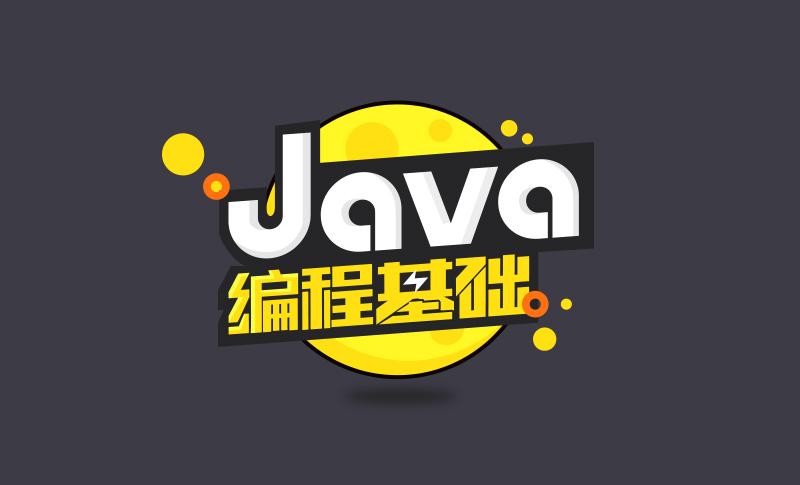
节选:
1. Stack unwinding is usually talked about in connection with exception handling. Here's an example:
void func( int x )
{
char* pleak = new char[1024]; // might be lost => memory leak
std::string s( "hello world" ); // will be properly destructed
if ( x ) throw std::runtime_error( "boom" );// will only get here if x != 0
delete [] pleak;
}
int main()
{
try
{
func( 10 );
}
catch ( const std::exception& e )
{
return 1;
}
return 0;
}
Here memory allocated for pleak will be lost if exception is thrown, while memory allocated to s will be properly released by std::string destructor in any case. The objects allocated on the stack are "unwound" when the scope is exited (here the scope is of the function func.) This is done by the compiler inserting calls to destructors of automatic (stack) variables.
Now this is a very powerful concept leading to the technique called RAII, that is Resource Acquisition Is Initialization, that helps us manage resources like memory, database connections, open file descriptors, etc. in C++.
2.All this relates to C++:
Definition: As you create objects statically (on the stack as opposed to allocating them in the heap memory) and perform function calls, they are "stacked up".
When a scope (anything delimited by { and }) is exited (by using return XXX;, reaching the end of the scope or throwing an exception) everything within that scope is destroyed (destructors are called for everything). This process of destroying local objects and calling destructors is called stack unwinding. (Exiting a code block using goto will not unwind the stack which is one of the reasons you should never use goto in C++).
You have the following issues related to stack unwinding:
avoiding memory leaks (anything dynamically allocated that is not managed by a local object and cleaned up in the destructor will be leaked) - see RAII referred to by Nikolai, and the documentation for boost::scoped_ptr or this example of using boost::mutex::scoped_lock.
program consistency: the C++ specifications state that you should never throw an exception before any existing exception has been handled. This means that the stack unwinding process should never throw an exception (either use only code guaranteed not to throw in destructors, or surround everything in destructors with try { and } catch(...) {}).
If any destructor throws an exception during stack unwinding you end up in the land of undefined behavior which could cause your program to treminate unexpectedly (most common behavior) or the universe to end (theoretically possible but has not been observed in practice yet).
转载于:.html
本文发布于:2024-02-02 14:07:07,感谢您对本站的认可!
本文链接:https://www.4u4v.net/it/170685402644307.html
版权声明:本站内容均来自互联网,仅供演示用,请勿用于商业和其他非法用途。如果侵犯了您的权益请与我们联系,我们将在24小时内删除。
| 留言与评论(共有 0 条评论) |